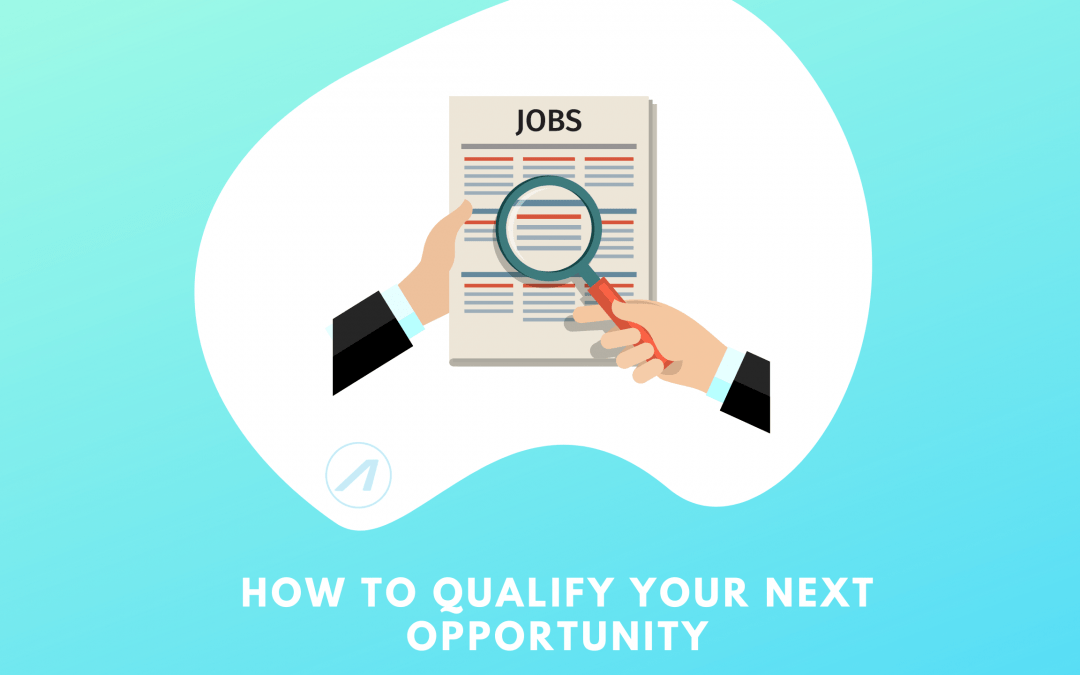- Something is lacking in your current role / organisation e.g. there is little/no career progression opportunities, low/no commitment to professional development
- Something is wrong e.g. your salary is below market rate, a culture of bullying, unreasonable workloads, poor leadership behaviours etc.

HERE IS AN EXAMPLE ‘TOP 5’ AND HOW YOU CAN USE THEM TO QUALIFY AN OPPORTUNITY:
Under 30 min commute
This should be an easy one to assess by confirming the location of the company and if you can get there within 30 mins by walking, public transport or by driving.
Flexibility
Firstly work out what flexibility means to you. Is it the ability to work your own hours e.g. early start / early finish? Or is it being able to work from home where business needs allow for it? Once you know the answer, you can ask the employer whether they can offer you the flexibility you are seeking.
Professional development
This can take many forms such as formal education/qualifications, on the job training, a mentor or job shadowing. Work out what gaps you have or skills you want to acquire, and find out if your potential employer is able to support and facilitate that.
Structured career path
Knowing that you’re working towards your next step/promotion can be really motivating so ensure that an organisation can provide this for you. Find out about their current team(s), who has progressed their career, what steps were involved and what timeframes applied. Ask if they have a formal succession plan in place for their senior roles.
Positive culture
This can be a tricky one as culture means different things to different people. You can ask your interviewers about how they define and measure the culture of their business which should provide a good insight into their cultural objectives and how closely aligned they are to yours. Make sure to ask about average tenure of staff as this is a good indicator of how employees feel about working there.
IN SUMMARY:
- Consider what is working and what is not in your current role and organisation
- Make your Top 5 list of attributes that you are seeking
- Do your research and ask questions to qualify whether a prospective employer is a strong match


Recent Comments